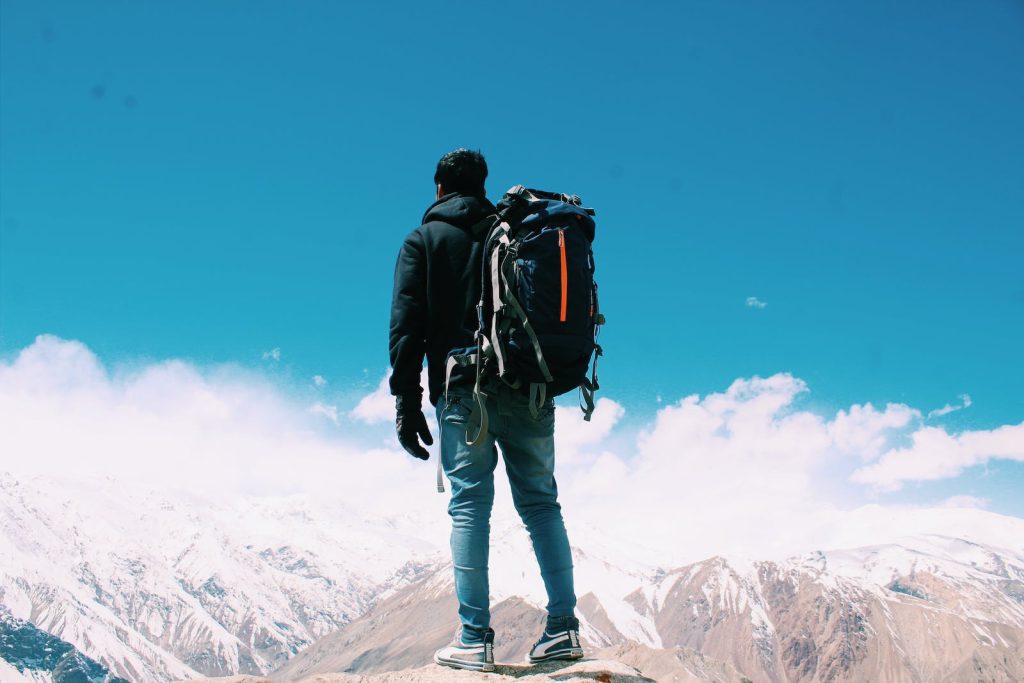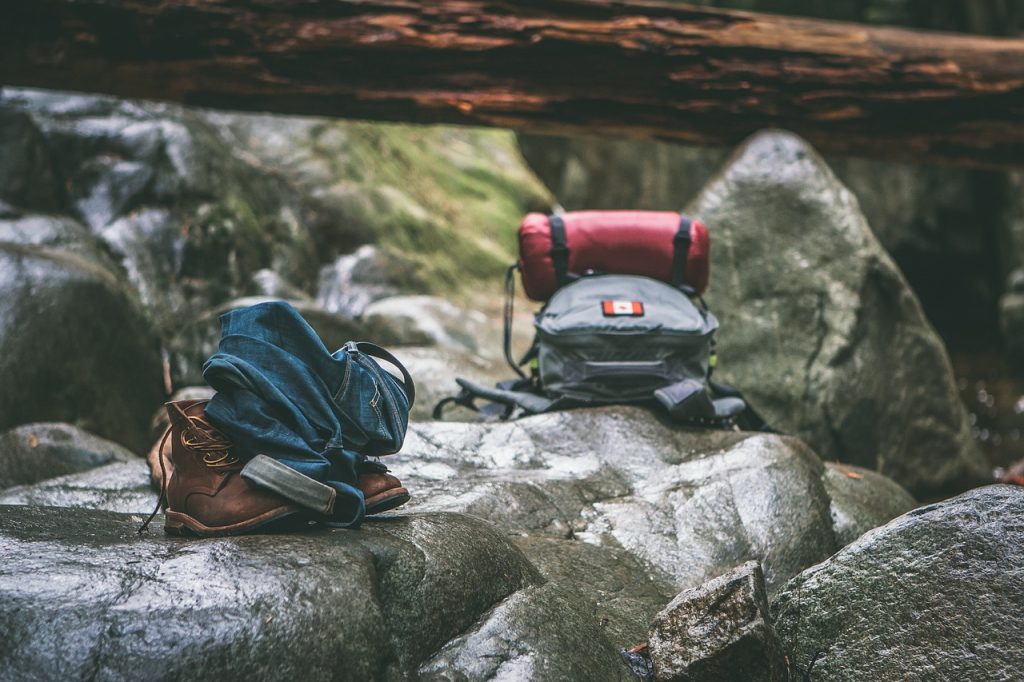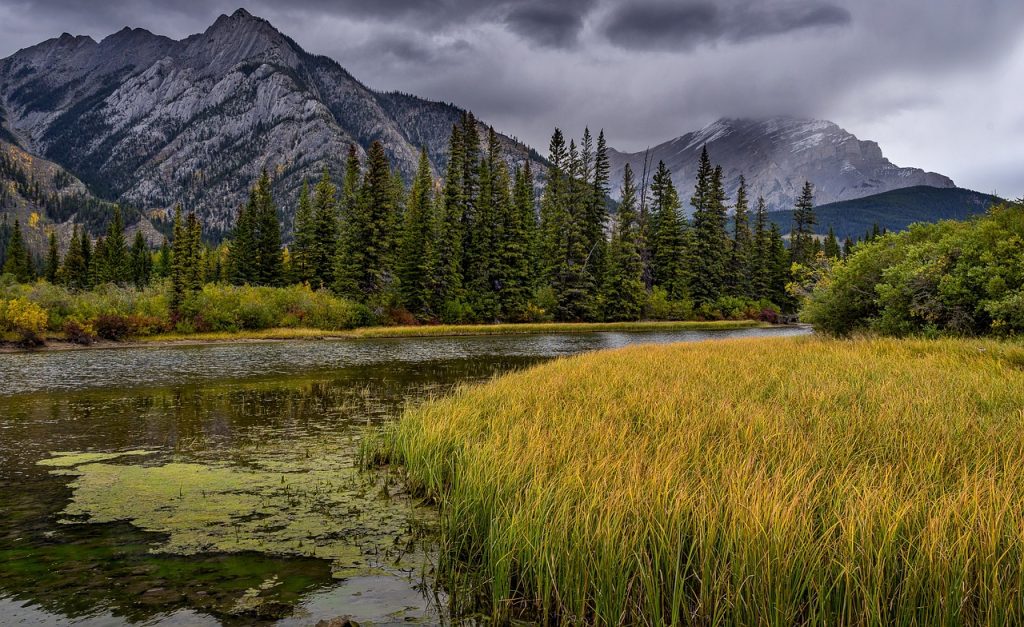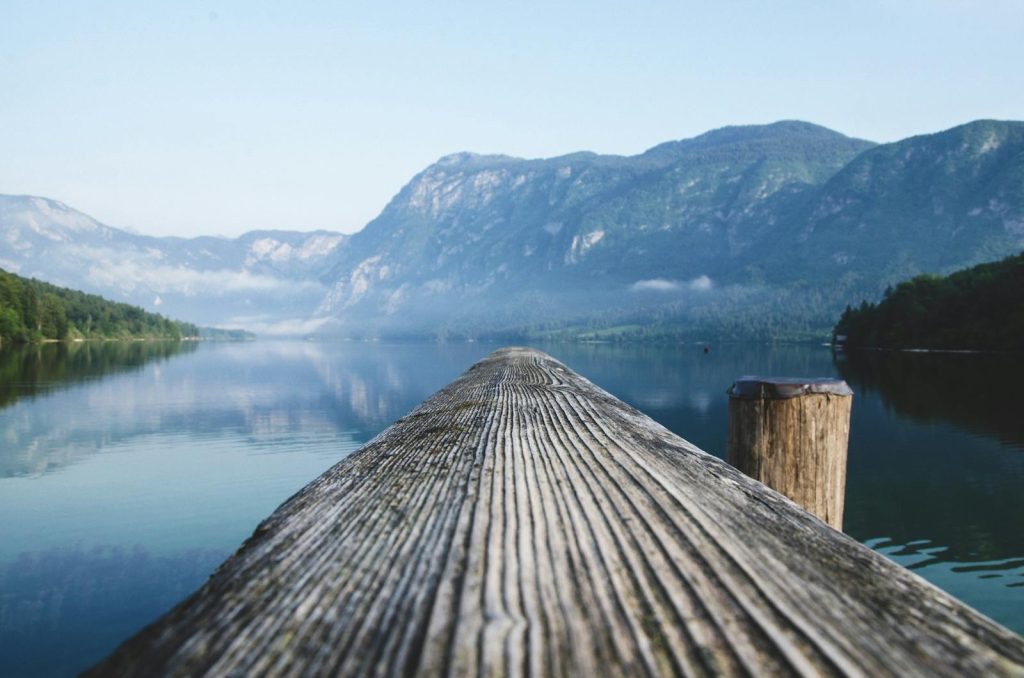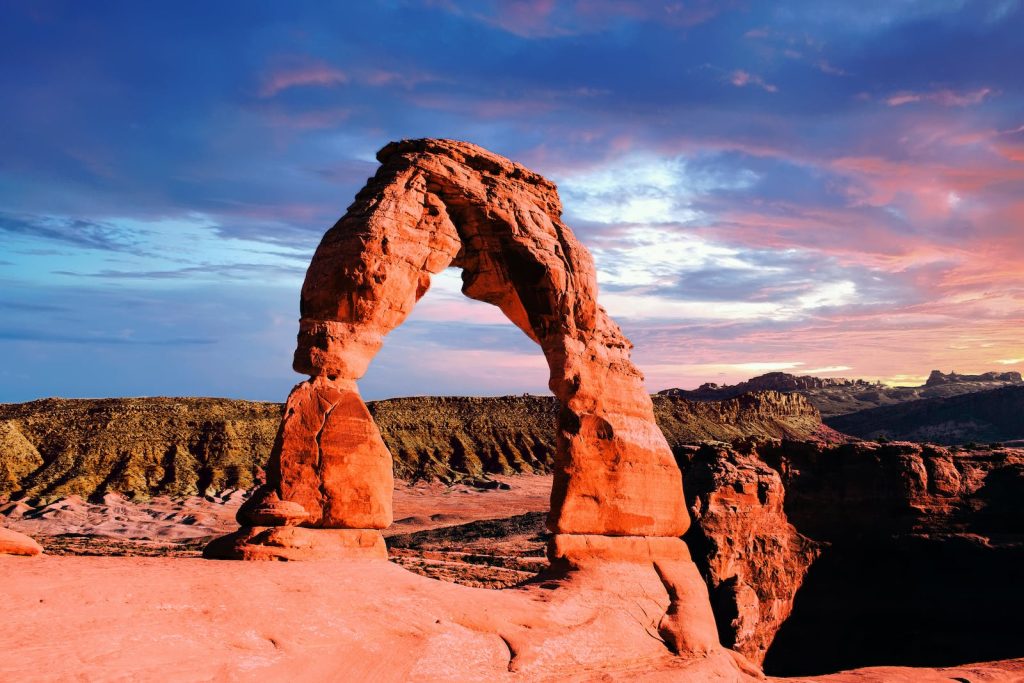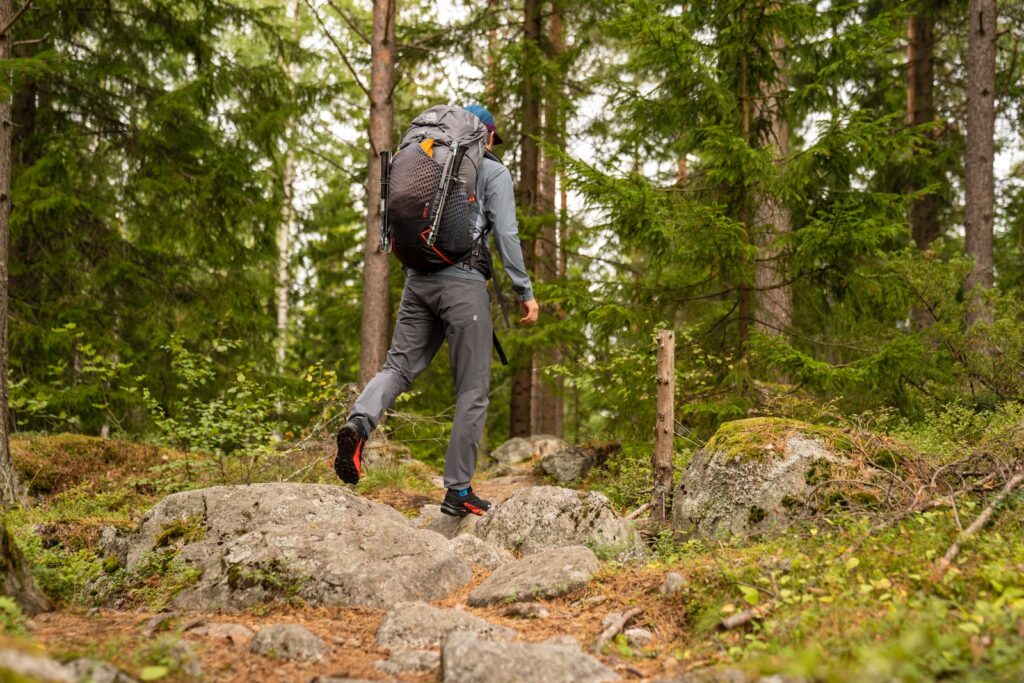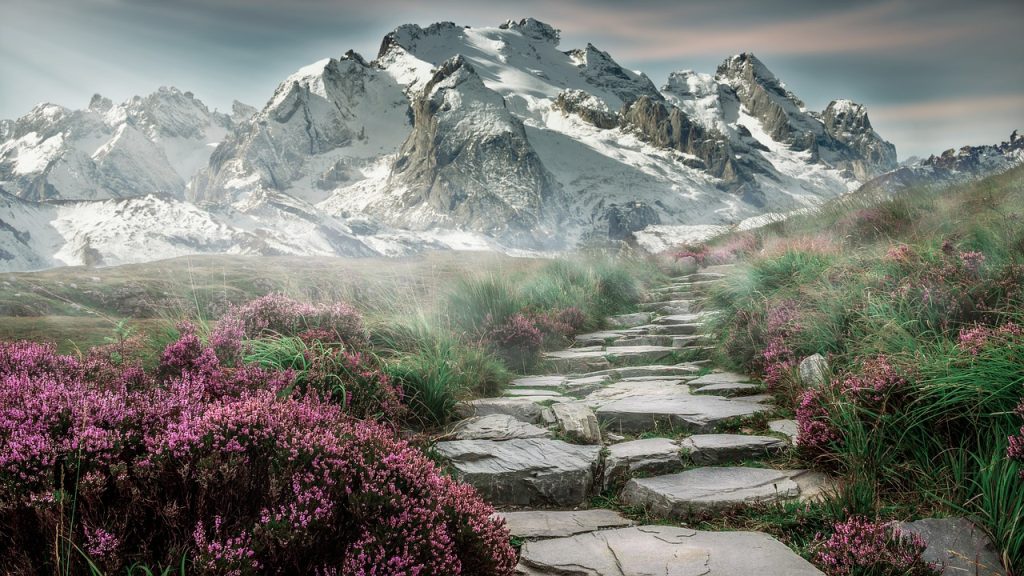

Starting from Scratch: A Guide to Hiking for Beginners and Out-of-Shape Individuals
Are you feeling the call of the great outdoors? Do images of breathtaking vistas and serene landscapes make your heart race with anticipation? Whether you’re a beginner to hiking or someone who’s been away from it for a while, this guide is specially crafted just for you! We understand that starting from scratch can seem intimidating, but fear not.
In “Starting from Scratch: A Guide to Hiking for Beginners and Out-of-Shape Individuals,” we’ll take your hand and lead you on an adventure filled with practical tips, inspiring stories, and expert advice to help you conquer any trail. Get ready to lace up your boots, embrace the beauty around us, and embark on a transformative journey towards discovering your own strength – both physically and mentally.
So pack those backpacks, leave behind any doubts or worries at home because thrilling adventures await just beyond the next hill! Let’s dive in together as we redefine what it means to be an outdoor enthusiast.
What is Hiking?
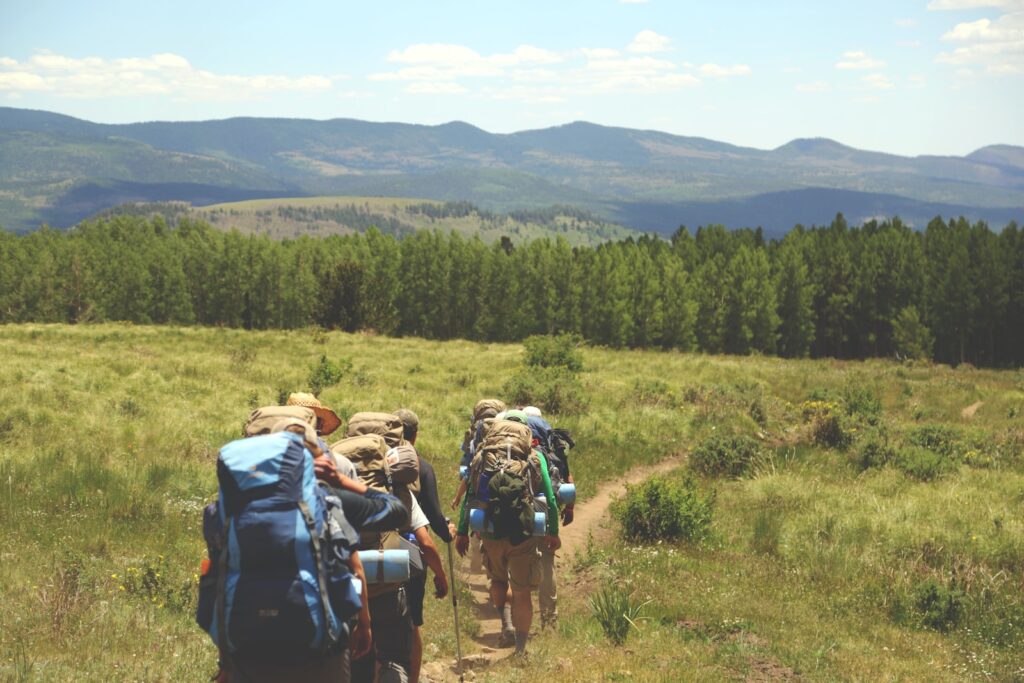
Hiking is a great way to get out and explore nature, but it can be intimidating if you’re not used to it. Here’s a guide to hiking for beginners and out-of-shape individuals, so you can enjoy all the benefits of this healthy activity.
To start, hiking doesn’t have to be a strenuous activity. There are plenty of easy trails that are perfect for beginners. And even if you’re not in the best shape, you can still enjoy hiking by taking things at your own pace and choosing routes that aren’t too challenging.
Another great thing about hiking is that it doesn’t require any special equipment or gear. All you really need is a good pair of walking shoes and some comfortable clothes. Of course, if you’re planning on spending a lot of time on the trails, you may want to invest in some additional gear like a backpack, water bottle, map, etc.
So what are you waiting for? Get out there and start exploring!
Benefits of Hiking
Hiking is a great way to get outside, get some fresh air, and take in some beautiful scenery. It’s also a great workout! Hiking can help improve your cardiovascular health, strengthen your muscles and bones, and boost your mental well-being.
So what are you waiting for? Grab your hiking boots and hit the trails!
Statistics about Hiking
Hiking is a great way to get in shape and enjoy the outdoors, but it can also be daunting if you’re new to the activity or out of shape. Here are some statistics about hiking to help you understand the basics and feel more confident about giving it a try.
According to the National Park Service, about 15% of visitors to national parks hike on trails.
Hiking is most popular among people ages 25-44, and slightly more men than women hike (52% vs 48%).
On average, people spend about 3 hours hiking per trip.
The average person hikes at a pace of 2-3 miles per hour.
The Gear You Need for a Successful Hike
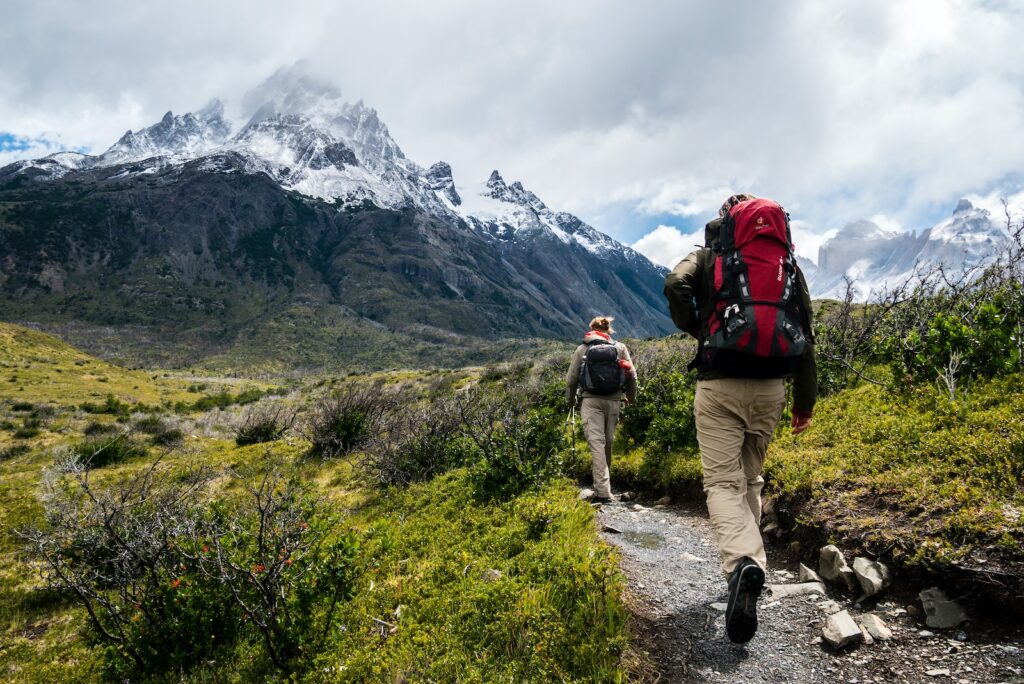
If you’re new to hiking, or you haven’t hiked in a while and are out of shape, don’t worry! Hiking is a great activity for people of all fitness levels. However, there is some gear that you’ll need in order to have a successful hike.
First and foremost, you’ll need a good pair of hiking shoes or boots. This is perhaps the most important piece of equipment for hikers, as it will protect your feet from the elements and provide traction on slippery or uneven terrain. Make sure to buy shoes that fit well and feel comfortable, as you’ll be wearing them for hours at a time.
Next, you’ll need some clothing that’s appropriate for the weather conditions. If it’s cold out, dress in layers so that you can easily adjust your level of comfort. If it’s hot out, wear light-colored clothing that will help reflect the sun’s rays. And no matter what the temperature is, always make sure to pack a rain jacket!
In addition to clothes and shoes, there are a few other items that are essential for any hike: water, snacks, a map, and a first-aid kit. Water is especially important because even short hikes can be strenuous activities that will dehydrate you quickly. Be sure to bring enough water for both yourself and any hiking companions you may have. Snacks are key for keeping your energy up during a hike, so pack plenty of high-energy foods like gran ola bars or trail mix.
Bring a map of the area you’ll be hiking in, or download a navigation app to your smartphone. A good first-aid kit is also important to bring along in case someone hurts themselves. Make sure it contains items like bandages, antibiotic ointment, pain relief meds, and splinting materials.
Finally, don’t forget to bring a compass and flashlight, just in case you lose your way in the dark. With all these items packed in on your next hike, you’ll be well-prepared for whatever might come up!
Preparing for Your First Hike
The first thing you need to do is figure out what kind of hike you want to go on. There are a few different types of hikes, each with their own level of difficulty:
-Day hikes are shorter hikes that can be done in a day. They’re usually around 10 miles or less, and don’t require any overnight camping gear.
-Backpacking trips are longer hikes that require you to camp overnight. These can be anything from a few days to weeks long, and usually cover 20 miles or more per day.
-Thru-hikes are the longest and most difficult type of hike. These can take months to complete, and cover hundreds or even thousands of miles. The most famous thru-hike is the Appalachian Trail, which runs from Maine to Georgia in the United States.
Once you know what kind of hike you want to go on, it’s time to start preparing. For day hikes, all you really need is a good pair of hiking boots, some snacks and water, and a map of the area. Backpacking trips will require more gear, such as a tent, sleeping bag, and cooking supplies. And thru-hikes will require even more gear – enough to last you for weeks or even months on the trail.
Training Tips for Beginners and Out of Shape Individuals
Whether you’re planning a strenuous multi-day backpacking trip or a short day hike, if you’re starting from scratch, there are some basic things to keep in mind.
Here are some training tips for beginner and out-of-shape hikers:
Start slow and build up gradually: Don’t try to do too much too soon. If you’re just starting out, begin with shorter hikes closer to home. As you build up your strength and stamina, you can gradually increase the distance and difficulty of your hikes.
Don’t try to do too much too soon. If you’re just starting out, begin with shorter hikes closer to home. As you build up your strength and stamina, you can gradually increase the distance and difficulty of your hikes. Listen to your body: Pushing yourself too hard can lead to injuries. Take frequent breaks on your hike, and if you start to feel fatigued, tired, or pain, then stop and rest.
Pushing yourself too hard can lead to injuries. Take frequent breaks on your hike, and if you start to feel fatigued, tired, or pain, then stop and rest. Get fitted for proper footwear: Visit a reputable outdoor retailer to get fitted for proper hiking boots or shoes. This is especially important if you have any foot problems such as bunions or plantar fasciitis. Improper footwear can worsen foot problems and lead to blisters or other issues.
Choosing the Right Trail
For beginner hikers, it is best to find a trial with little to no elevation gain. This will minimize the risk of getting rejected by your body and will allow you to focus on proper form without the distraction of uphill battles. You should also look for a trail that is close to home so that you can get back on the trail quickly if you need to turn around.
If you are hiking with others, make sure everyone is on the same page in terms of fitness level and goals for the hike. The last thing you want is to be stuck on a long, arduous hike with people who are not enjoying themselves.
Staying Safe on the Trail
Whether you’re out for a leisurely nature walk or a challenging hike, it’s important to stay safe on the trail.
Here are a few tips to help you stay safe and enjoy your time outdoors:
- Let someone know where you’re going and when you expect to return. This is especially important if you’re hiking alone.
- Stay on established trails. Avoid shortcuts, as they can be dangerous.
- Pay attention to your surroundings and be aware of potential hazards, such as steep drop-offs, slippery footing, or wild animals.
- Dress appropriately for the weather and wear sturdy shoes with good traction.
- Be prepared for emergencies by carrying a first-aid kit and a cell phone.
How to Enjoy Your Time Outdoors Without Getting Burned Out
There are numerous benefits to hiking, including spending time outdoors, getting some exercise, and enjoying the scenery. However, if you’re not used to hiking or are out of shape, it’s easy to get burned out.
Here are some tips for enjoying your time outdoors without getting burnt out:
- Start small and gradually increase the difficulty and length of your hikes. Don’t try to tackle a too difficult hike right from the start or you’ll quickly become frustrated and exhausted.
- Take breaks often, especially if you feel yourself tiring. Sit down, drink some water, and eat a snack to reenergize yourself.
- Go with a friend or group so you can chat and take breaks together. Hiking alone can be boring and lonely, making it more likely for you to get burned out.
- Choose a scenic hiking trail so you have something beautiful to look at as you walk. This will help keep your mind off of how tired your body may be feeling.
Conclusion
Starting to hike can be a daunting prospect, but it needn’t be. It’s important that you remember to take things slowly and build up the intensity over time at your own pace. Also, don’t forget to pack all of the essential items – in addition to water you should also bring snacks and sunscreen too! With these tips on board we’re sure that anyone can get started with hiking, no matter their fitness level or experience. Enjoy being outdoors and let nature help recharge your mind and body!
